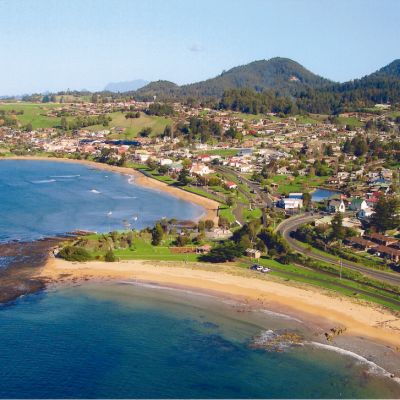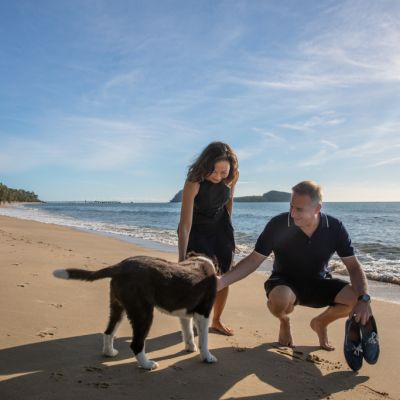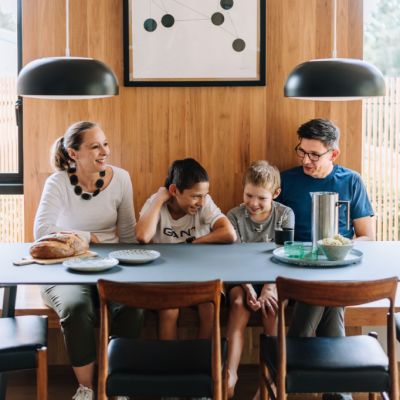What to consider before buying a home business in the country
The stumbling block for many people wanting to ditch their corporate job and move to the country is figuring out what to do for a living.
One solution can be to buy a home that comes with an existing attached business such as a bed and breakfast.
But, there are many more options for a home-and-business combo – including retail shops, flower farms, plant nurseries, berry farms, general stores, country pubs, post offices and even theme parks.
Another idea is leasing some of your land or buildings to farmers, tenants or business clients.
Accommodation services
Josh Bignell, partner of RMB Lawyers, the largest regional law firm in NSW, says hobby farms with farm-stay accommodation are a popular attraction for his clients moving into regional spaces.
Ex-Brisbane resident Alex Cooper successfully made the switch in 2017 to 100 acres (40.5 hectares) at Cannon Creek in Queensland’s Scenic Rim running eco-retreat Ketchup’s Bank Glamping.
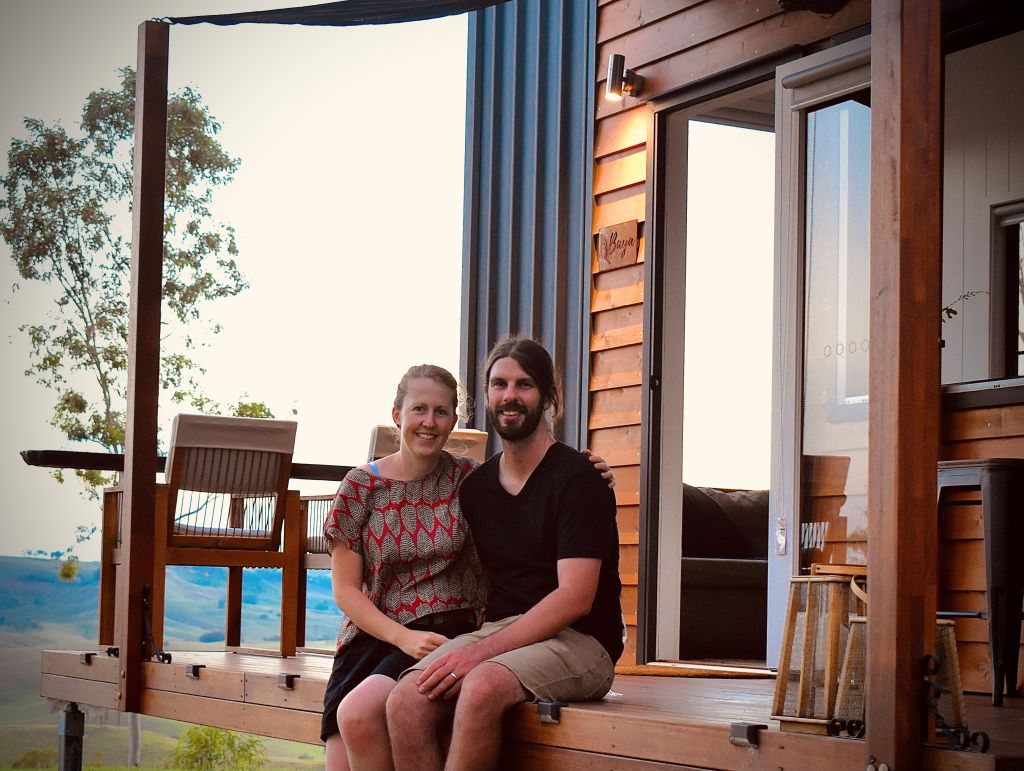
Cooper, 36, began seriously contemplating a country life when he was 30 and working full-time for Q Super. “I was thinking to myself, I’m gonna either have to be happy doing this till retirement age or I change something now while I’ve got the enthusiasm and vigour,” he says.
The business’ revenue has increased 20 to 30 per cent year on year, Cooper says, something he attributes to guest care and word of mouth. “There’s no eye rolling at 8pm when they say, ‘can you help me start a campfire’,” he says. Apart from keeping an active social media presence, he’s never done any marketing.
Be prepared to get your hands dirty and have a go, Cooper says. “My DIY knowledge was fairly rudimentary at best. But, out here everything is reliant on you and your ability to be able to suck it up, learn something new and get it fixed.”
He recommends running any business you buy for six to 12 months before making changes. “Give yourself that time to understand what the business is.”
With so many community groups available, he isn’t lonely. To satisfy his need for the corporate environment, he’s joined the local tourism board.
On the downside, “doing anything unique” means battling council, he says. Adding more accommodation in order to run the business at 50 per cent occupancy – the sweet spot for the couple’s ideal work life balance – took two years of negotiating with council.
Events, olives and more
Kate Creasey, 30, and partner Matt Whalley also turned their attention to the Scenic Rim after their business running beer, food and wine festivals came to a screeching halt last year under COVID restrictions.
After six months looking at properties, the couple – then living in the Gold Coast Hinterland – bought a 35-acre (14 hectares) working olive farm at Boonah with Creasey’s parents, moving in December 2020.
The business, known as Olive View Estate includes a heritage cottage rented out on Airbnb to supplement the olive farm, machinery, equipment and sheds.
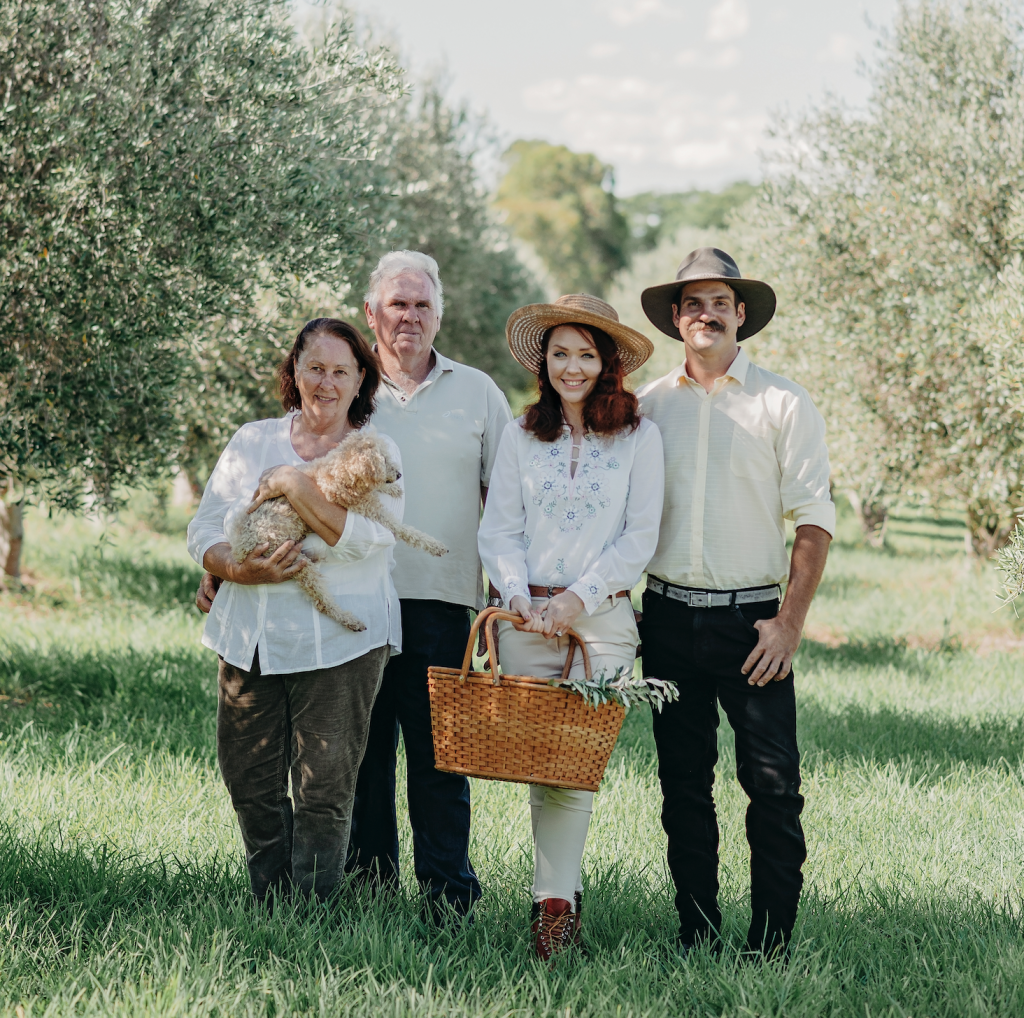
The pair plan to run weddings and other events from the site, continue to hire out the cottage and produce olives. “We’ve got to do a workshop on how to look after them, Creasey says. A qualified naturopath, she also intends to make olive-leaf extract and other products. “Now we’re able to have as many projects as we want because we’re on 35 acres.”
They are currently refashioning an old barn for their events, restoring old cars and turning an old bus into more guest accommodation.
Whalley says he prefers to learn how to do something himself rather than pay someone. “We’ve gathered the skills and are not scared to have a go,” he says.
Due diligence for commercial properties
Buying a commercial property is much more complicated than buying a typical home, explains Bignell, a Law Society of NSW accredited property law specialist.
“One of the key things people get tripped up on is the GST,” he says. It’s often payable on commercial property, adding considerably to the purchase price. Unfortunately, there’s no easy one-size-fits-all answer.
Many other issues can crop up with rural property. “It might not have water, some might not be connected to power,” Bignell says. “I’ve seen many properties that don’t have direct access to roads and are landlocked and have carriageways that have to be legitimised into the conveyancer purchase process. There’s occasional national parks, creeks or rivers as boundaries. There’s sometimes croc or cattle issues.”
Also know the history of the land and if any contamination has occurred. The vendor is legally required to disclose such information if they have it.
Another big thing to note is what approvals the property has from council. Be aware that zoning for “permissible use” is not the same as written approval, he says. “If they hadn’t gone to council and through that process, then there’s potentially illegal structures.”
He recommends the Law Society’s checklist of things to consider when buying rural property.
Dream big but be realistic about the cost of future development applications with council. “You might need to engage lawyers and town planners,” he says. “It might be a $10,000 or $15,000 proposition.”
We recommend
We thought you might like
States
Capital Cities
Capital Cities - Rentals
Popular Areas
Allhomes
More
